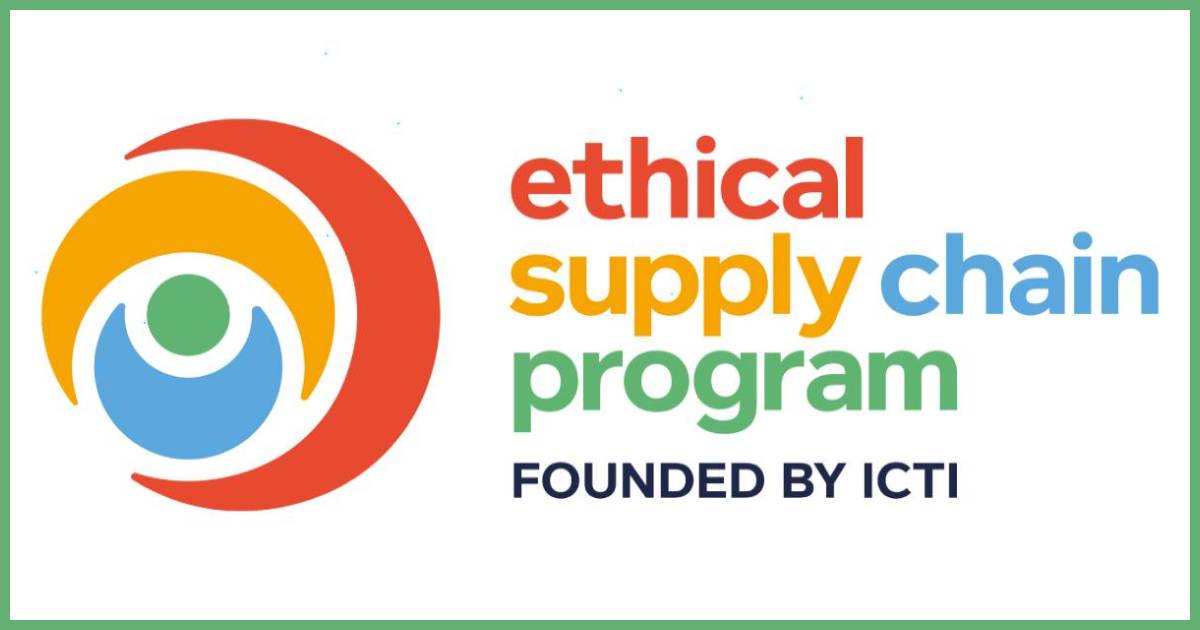
Licensing International Announces Partnership with the Ethical Supply Chain Program
Licensing International, the leading trade association for the global brand licensing industry, has named the Ethical Supply Chain Program (ESCP) as its preferred social compliance partner.
The Ethical Supply Chain Program facilitates communication, certification, and cooperation between manufacturers, suppliers, licensors, and retailers worldwide. Through the newly formed partnership, more than 1,200 members of Licensing International will now have access to resources and programs to support their ESG compliance journey and ensure they are adhering to the highest ethical standards.
Programs available to members include ESCP’s Social Impact Assessment. The online assessment enables licensors to verify the maturity of a company’s social compliance systems and ensure that anyone making products using its intellectual property is doing so in a responsible way. Similarly, licensees can use this efficient and scalable tool to demonstrate to business partners that they are operating ethically.
Carmel Giblin, President & CEO of the Ethical Supply Chain Program, said: ‘‘I am delighted to formalise our partnership with Licensing International and look forward to exploring how we can support its members and help them to navigate evolving challenges related to social and environmental compliance. This is particularly important at a time when global regulations are increasing. The European Council’s Corporate Sustainability Due Diligence Directive and the new German Supply Chain Due Diligence Act are just two such initiatives. While the ambition of these initiatives should be welcomed, with any new regulation it’s important that organisations have the necessary tools and resources to ensure they are able to comply effectively.’’
Maura Regan, President of Licensing International, said: “We are thrilled to name the Ethical Supply Chain Program as Licensing International’s preferred social compliance partner. Consumer demand for ethical and sustainable practices continues to grow and, with new regulations launching around the world, we are working to provide our members with the resources they need to continue to grow while meeting these demands. We look forward to working with ESCP to launch new content and programming in support of the global brand licensing industry.”
The Ethical Supply Chain Program will be attending Licensing Expo, taking place in Las Vegas, NV between May 21 – 23 and is inviting members of the global licensing community to meet with the team to learn more.
About Licensing International
Licensing International is the leading trade organization for the $340+ billion global brand licensing industry. Licensing International’s mission is to foster the growth and expansion of brand licensing around the world, raise the level of professionalism for licensing practitioners, and create greater awareness of the benefits of licensing to the business community at large. Founded in 1985, more than 1,500 Licensing International member companies in over 40 countries enjoy access to an array of benefits, including extensive educational programming and worldwide networking events. Visit www.LicensingInternational.org for more information.
About the Ethical Supply Chain Program
The Ethical Supply Chain Program was founded by the International Council of Toy Industries (ICTI), but now champions integrity and sustainability across all sectors. We facilitate communication, certification and cooperation between manufacturers, suppliers, licensors and retailers worldwide to build a network with transparency at its core. But we’re much more than an ethical rubber stamp, our program is a commitment to respect, fairness, and inclusivity. Together, we can create a better life for workers worldwide.

















